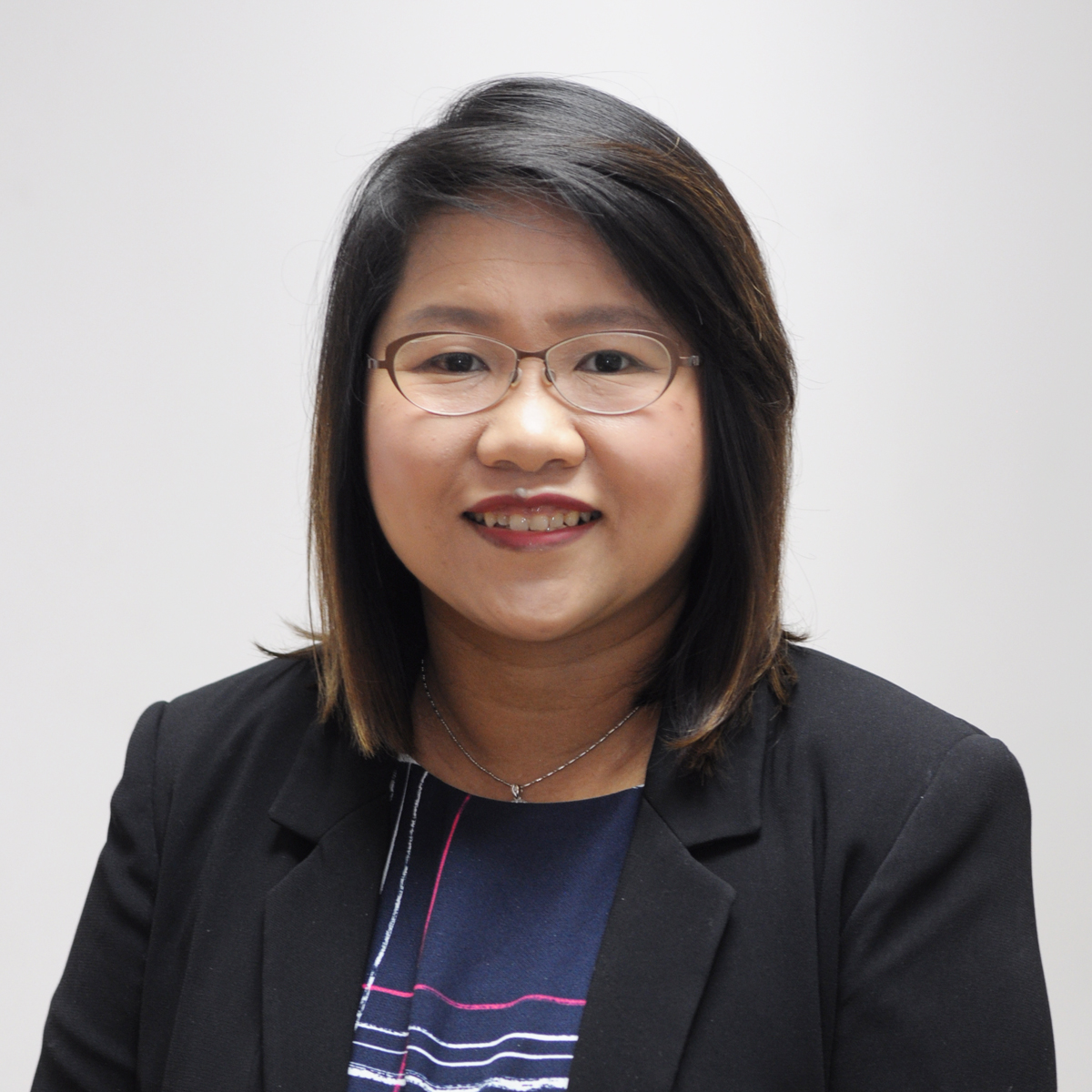
Collection
Frontiers in Smart Energy: Exploring the Best Practices, Theories, and Business Models
- Submission status
- Open
- Open for submission from
- 01 December 2023
- Submission deadline
- 01 August 2024
Smart energy, also called connected energy, transfers the data smartly in real-time, and the service providers can monitor the progress from an instant location worldwide. The primary focus here is to develop more robust and sustainable renewable energy resources that promote environmentally friendly practices while reducing cost and improving efficiency. With forward-thinking, smart energy becomes the top-most priority for the future era. As a result, more advanced research in this stream will offer tremendous benefits to the end-users, environment, and energy-service providers at a large scale. Solar energy, natural gas, and bioenergy are some of the important examples of smart energy. Despite the advances, the major problem here is that the present infrastructure of most energy systems cannot support and adapt to the new forms of energy. Innovative business models and techniques are required for the smart grids to supply electricity to the consumers while managing the new influx of renewable energy systems. Besides, significant improvements are needed for power lines, control stations, and transformers to accommodate the growing energy demands. Since most smart grids are outdated and unreliable, there is a problem that the more significant increase of smart energy systems will overload the smart grid. Hence, more advanced research and development are needed in this domain.
Possible topics include, but are not limited to:
• Smart energy as a service for the future era
• Smart and connected energy for smart cities
• Global energy-efficient solutions with innovative technologies
• Renewable energy and smart energy
• Smart energy research from a future perspective
Editors
-
Supavadee Aramvith
Chulalongkorn University, Thailand Dr.Supavadee Aramvith received her Ph.D. degree in Electrical Engineering from University of Washington, Seattle, USA and joined Chulalongkorn University in 2001. Currently, she is an Associate Professor at Electrical Engineering with specialization Video Technology. She is very active in the international arena with the leadership positions in the professional organizations such as IEEE, IEICE, APSIPA, and ITU. She is a member of IEEE Educational Activities Board (EAB) and Consumer Electronics Board of Governors member. She formerly led Educational Activities and Women in Engineering for IEEE Asia Pacific.
-
Mohammad Nishat Akhtar
Universiti Sains Malaysia Dr. Mohammad Nishat Akhtar received PhD in the field of Parallel Image Processing from Universiti Sains Malaysia during the year 2018. Currently, He is a Lecturer at School of Aerospace Engineering in Universiti Sains Malaysia. His research interests include High Performance Computation, Image Processing, Control & Embedded Systems, System-on-Chip. Currently, He has several International Journals and International Conferences under his banner. He has also been designated as one of the lead trainers for a professional certification program conducted by School of Aerospace Business Unit for the session 2022/23.
-
Muhammad Rafiq Khan Kakar
Bern University of Applied Sciences, Switzerland Dr. Muhammad Rafiq Khan Kakar completed his PhD in Civil Engineering (Asphalt Technology) from Universiti Sains Malaysia during the year 2015. Currently, He is a Scientific Collaborator in Department of Architecture, Bern University of Applied Sciences (BFH), Switzerland. His research interests include Asphalt Technology, Pavement Engineering, and Highway Engineering Material. His other professional skills include Road Maintenance execution, Budgeting and Tendering process, Government policies for road infrastructure.




